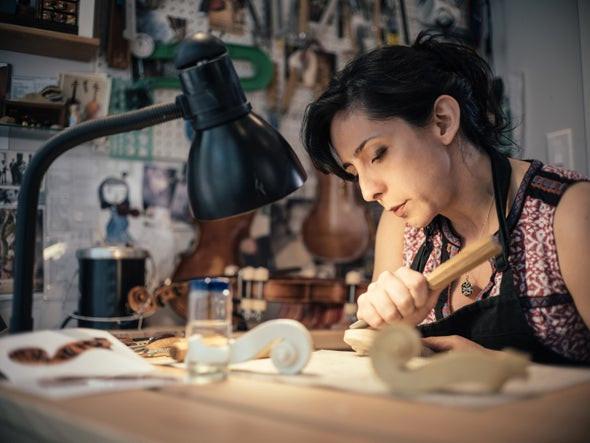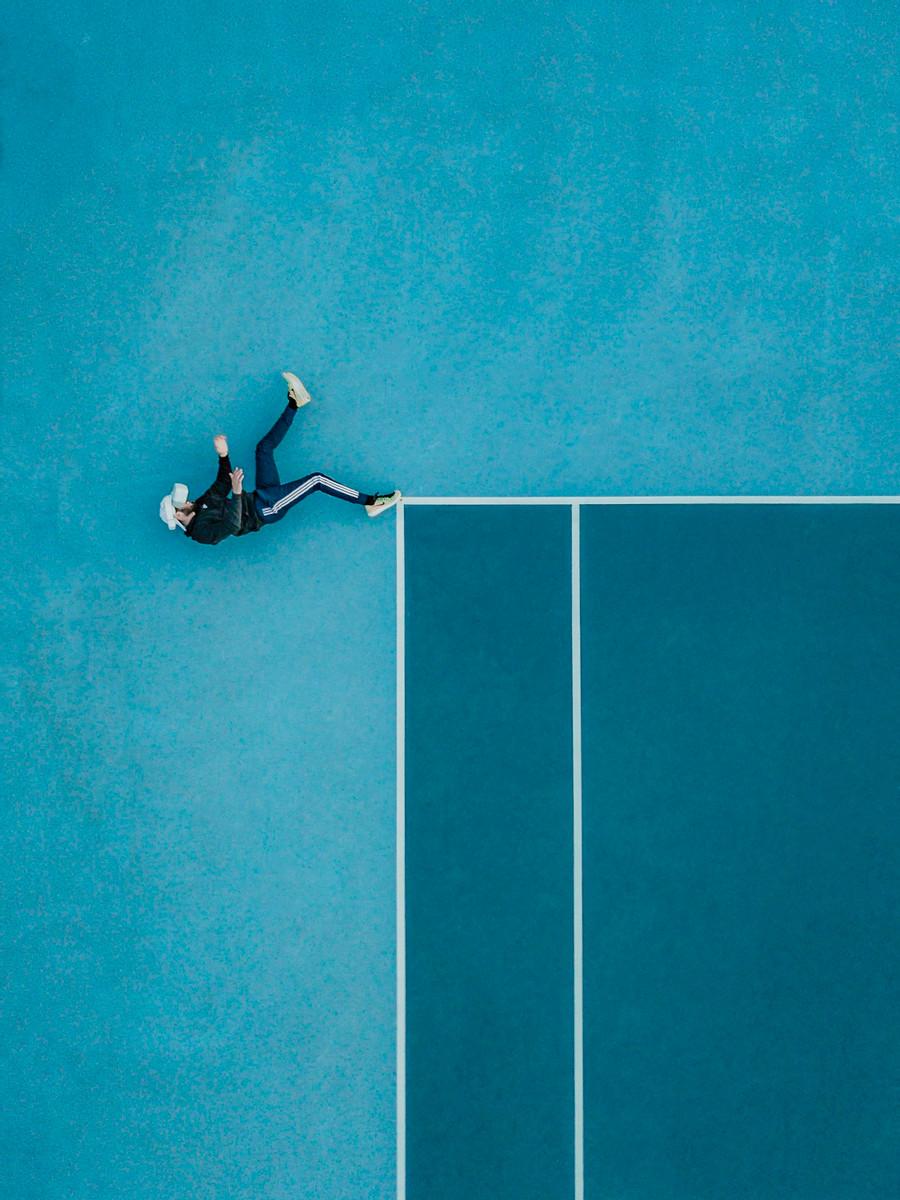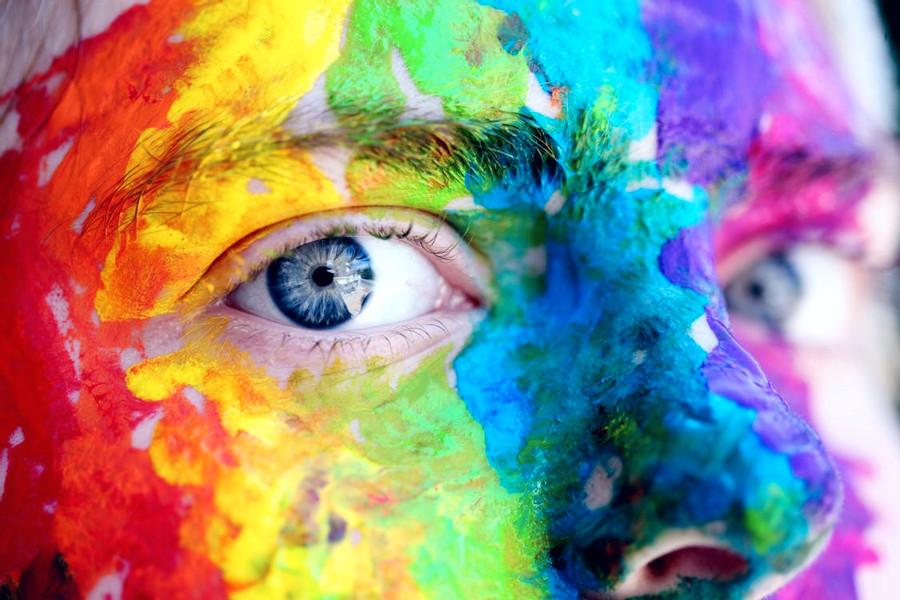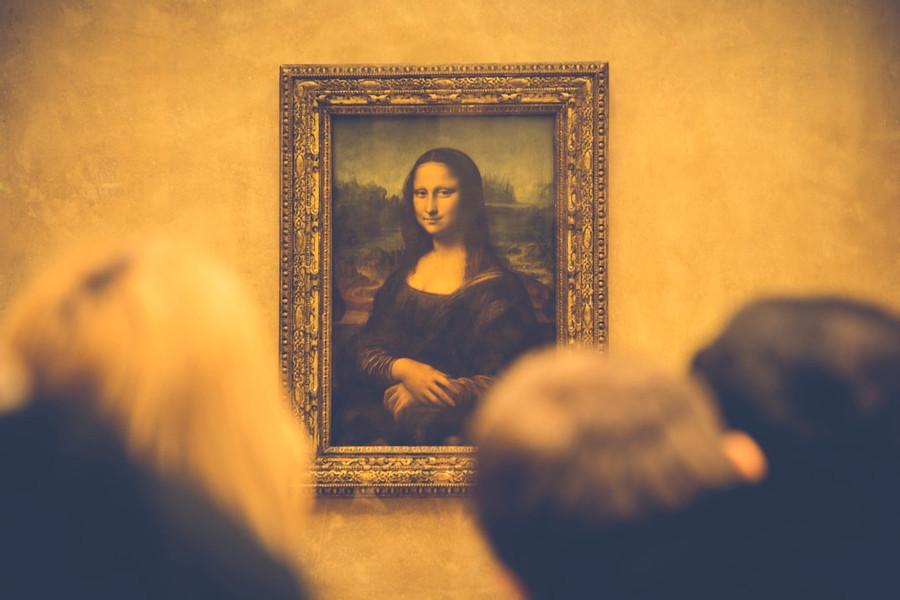Creativity Is Much More Than 10,000 Hours of Deliberate Practice
Curated from: blogs.scientificamerican.com
Explore the World's Best Ideas
Join today and uncover 100+ curated journeys from 50+ topics. Unlock access to our mobile app with extensive features.
Creativity: The Definition
While creativity often draws on a deep knowledge base, creative products, by definition, are much more than expert products. This is because creativity must be original, meaningful, and surprising. Original in the sense that the creator is rewarded for transcending expertise, and going beyond the standard repertoire. Meaningful in the sense that the creator must satisfy some utility function, or provide a new interpretation.
This constantly raises the bar of what is considered useful, and puts immense pressure on creators to find new meanings.
7
19 reads
Original, Meaningful and Surprising For Everyone
Creative products must be surprising in that the original and meaningful creative product must be surprising not only to oneself, but to everyone. This is exactly how the United States Patent Office evaluates new applications. Original and meaningful ideas that could have been created by any expert in the field are considered "obvious" and are therefore unpatentable.
Creative products-- such as the discoveries of Galileo and Leeuwenhoek-- are surprising to everyone, novices and experts alike.
7
14 reads
Creativity Is Often Blind
If only creativity was all about deliberate practice. We could all just practice our way to creative acclaim. But in reality, it's impossible for creators to know completely whether their new idea or product will be well received.
Only someone with almost infinite wisdom could figure out that the time is most ripe to conceive an experiment rather than a theory, to write a poem rather than a play, to paint a portrait rather than a landscape, or to compose a symphony rather than an opera.
7
7 reads
Creative People Often Have Messy Processes
While expertise is characterized by consistency and reliability, creativity is characterized by many false starts and lots and lots of trial-and-error.
If creativity was merely a function of deliberate practice, you would expect that with increasing deliberate practice would come increasing creativity. But that's not what you find when you look at the career trajectories of creators.
7
8 reads
Creators Rarely Receive Helpful Feedback
When creators put something novel out into the world, the reactions are typically either acclaim or rejection-- not nearly as useful feedback as making a foul shot to audience applause or checking your weight on a scale to see if you're making progress toward your weight goals.
The standards for artistic and scientific products are constantly changing. What may be considered a "revolutionary" best-selling book at one moment in time, may be considered utter drivel by future generations. This surely makes it hard to deliberately practice your way to a revolution!
7
7 reads
The "10-Year Rule" Is Not a Rule
The idea that it takes 10 years to become a world-class expert in any domain is not a rule. Many composers took less than 10 years and even more took longer than 10 years. Creativity doesn't have an expiration date. Creativity seems to happen when it's ready to happen.
7
6 reads
Talent Is Relevant to Creative Accomplishment
If we define talent as simply the rate at which a person acquires expertise, then talent undeniably matters for creativity. Some people clearly get more bang for the buck out of a given training regimen.
This may be an inconvenient truth, but it does counter the idea that creativity is only about deliberate practice. Expertise acquisition appears to be the least interesting aspect of creativity as creators tend to be in a hurry to learn what exists so that they can go beyond what exists.
7
4 reads
Personality Is Relevant
Not only does the speed of expertise acquisition matter, but so do a whole host of other traits. People differ from one another in a multitude of ways. This includes general and specific cognitive abilities (IQ, spatial ability, verbal reasoning, etc.), personality dispositions, interests, and values.
Nevertheless, there do appear to be some traits that are conducive to creativity across domains.
7
7 reads
Genes Are Relevant
Modern behavioral genetics has discovered that virtually every single psychological trait-- including the inclination and willingness to practice-- is influenced by innate genetic endowment. This doesn't mean that genes determine our behavior. It just means that genes are relevant influences on our behavior, including our creative behaviors.
This doesn't mean that environmental factors are unimportant
7
5 reads
Environmental Experiences Also Matter
Environmental experiences substantially affect creativity-- including socioeconomic origins, and the sociocultural, political, and economic context in which one is raised. These environmental factors are most likely larger compared to genetic factors.
Another hugely important environmental factor for creativity is the availability of role models in one's childhood and adolescent years.
7
5 reads
The Polymath: Creative People Have Broad Interests
While the deliberate practice approach tends to focus on highly specialized training and purposeful techniques designed for improvement within a specific field, creative experts tend to have broader interests and greater versatility compared to their less creative expert colleagues.
Rather than a dogged single pursuit of a single research question, the most creative scientists throughout history engaged in "networks of enterprise", where they pursued a large number of loosely related projects.
7
4 reads
Too Much Expertise Can Be Detrimental to Creative Greatness
The deliberate practice approach assumes that performance is a linear function of practice. While this may be true for many well-defined domains of human achievement, this doesn't appear to be the case for creativity. The relationship between knowledge and creativity is best characterized by an “inverted U-shaped” curve: Some knowledge is good, but too much knowledge can impair flexibility.
In fact, in some fields such as creative writing, there is an optimal amount of formal schooling, after which further schooling decreases the likelihood of writing highly creative fiction.
7
4 reads
Outsiders Often Have a Creative Advantage
If creativity were all about deliberate practice, then outsiders who lack the requisite expertise shouldn't be very creative. But many highly innovative individuals were outsiders to the field in which they contributed.
These individuals didn't deliberately practice down an already existing path; they created their own.
7
5 reads
Sometimes the Creator Needs to Create a New Path for Others to Deliberately Practice
The deliberate practice approach is focused on using deliberate problem solving to learn an existing set of rules within a domain. Creative people are not just good at solving problems, however. They are also good at finding problems.
7
6 reads
IDEAS CURATED BY
CURATOR'S NOTE
All about creativity.
“
Similar ideas
5 ideas
The science of deliberate practice
nesslabs.com
14 ideas
5 ideas
Build Better Habits that Actually Stick (with Creative Deliberate Practice)
theproductiveyou.com
Read & Learn
20x Faster
without
deepstash
with
deepstash
with
deepstash
Personalized microlearning
—
100+ Learning Journeys
—
Access to 200,000+ ideas
—
Access to the mobile app
—
Unlimited idea saving
—
—
Unlimited history
—
—
Unlimited listening to ideas
—
—
Downloading & offline access
—
—
Supercharge your mind with one idea per day
Enter your email and spend 1 minute every day to learn something new.
I agree to receive email updates













